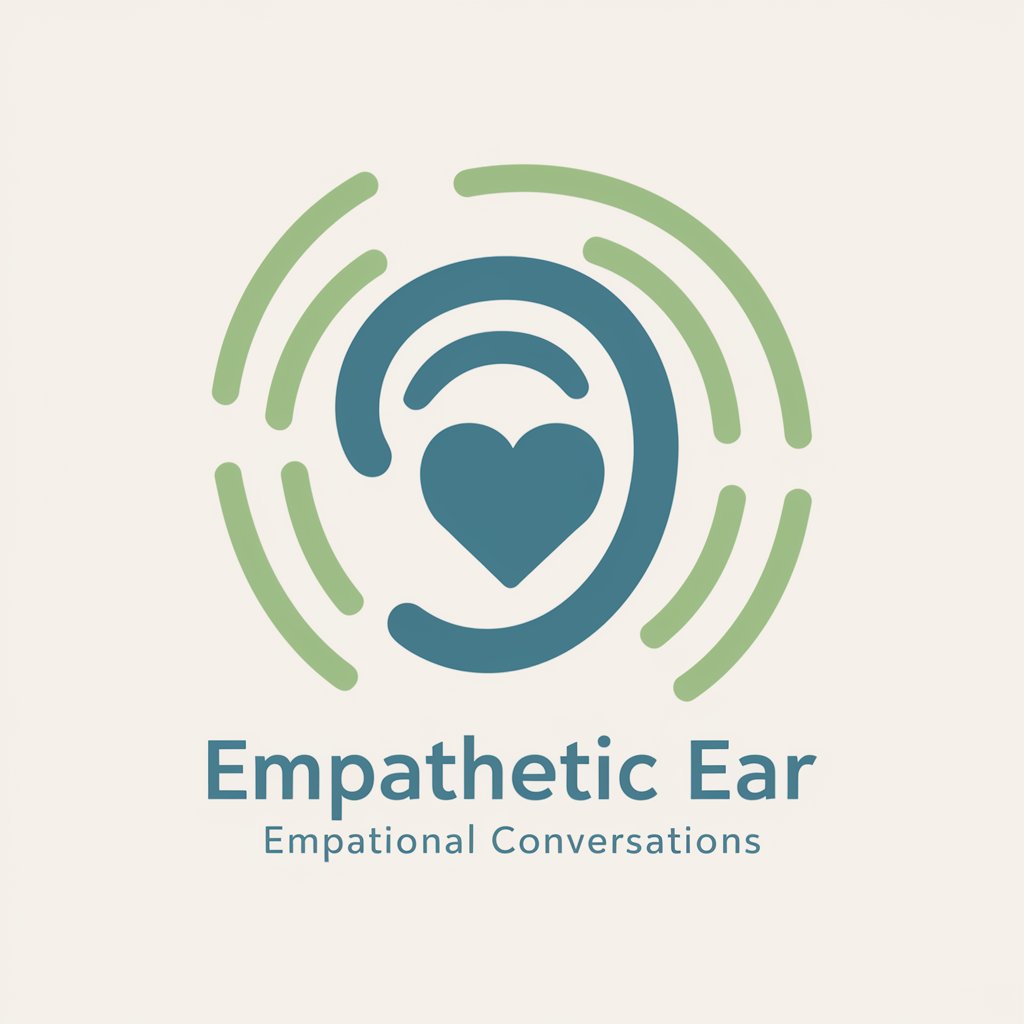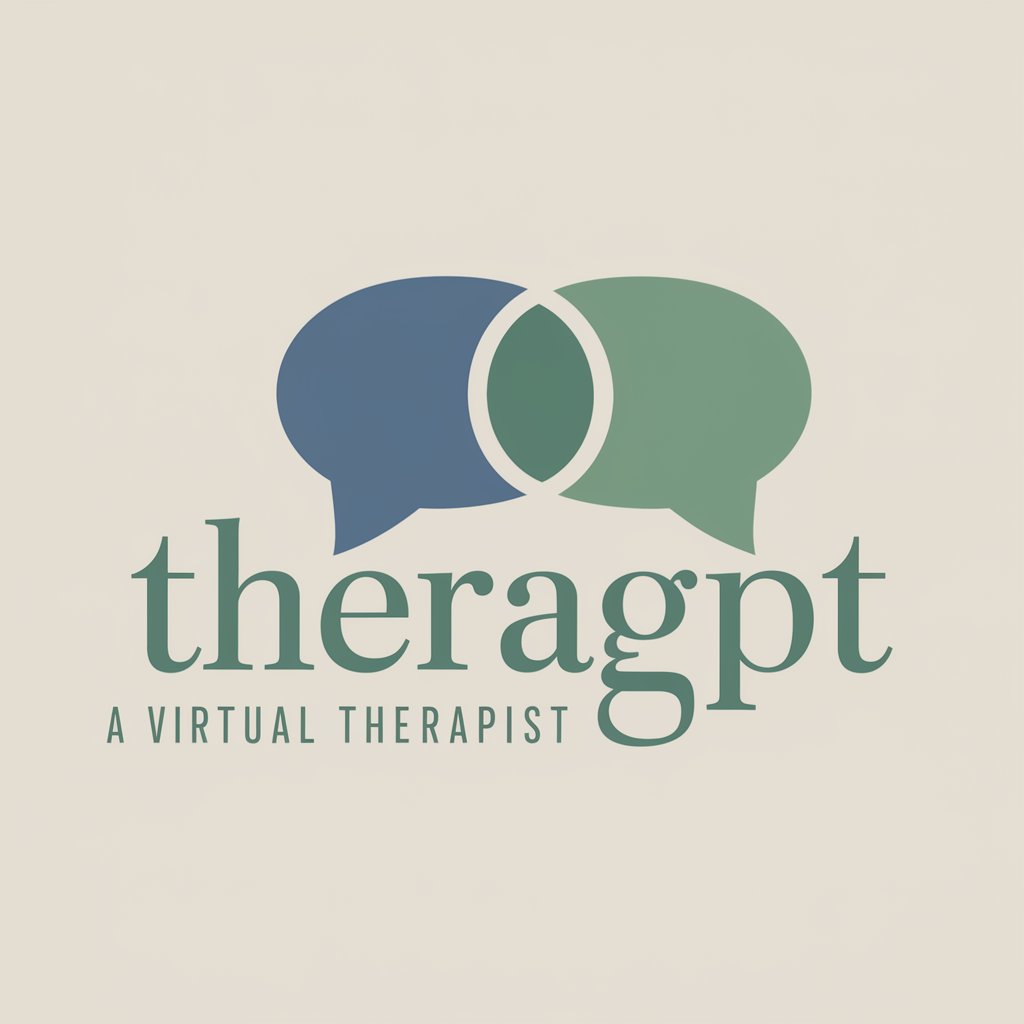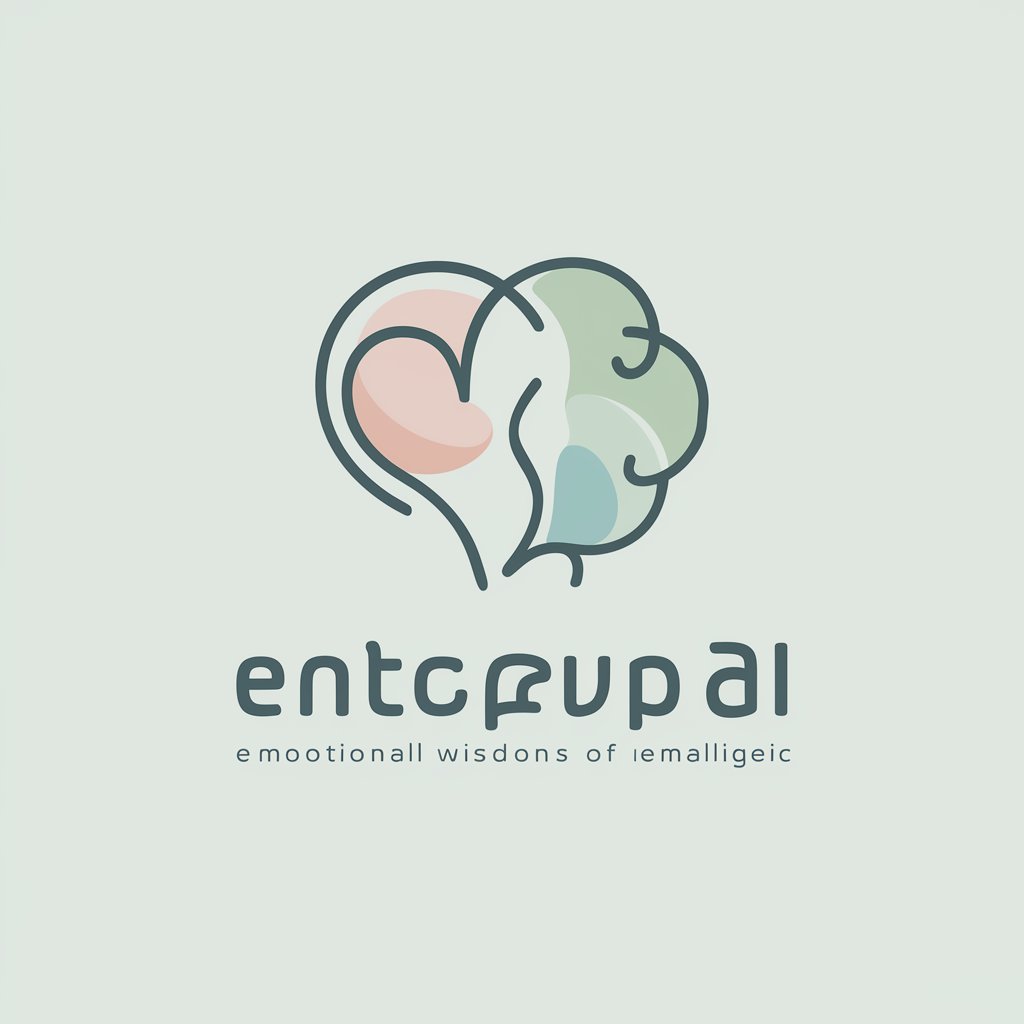10 GPTs for Reflective Listening Powered by AI for Free of 2026
AI GPTs for Reflective Listening are advanced tools designed to simulate human-like understanding and response generation, tailored specifically for applications in reflective listening. Reflective Listening is a communication strategy involving two key steps: understanding a speaker's idea and then offering the idea back to the speaker, to confirm the idea has been understood correctly. These AI models, built on Generative Pre-trained Transformers (GPTs), are adept at processing and responding to human language in a way that mirrors this empathetic listening technique. Their development marks a significant advancement in creating AI that can engage in meaningful dialogue, providing nuanced and context-aware responses that are essential for effective reflective listening.
Top 10 GPTs for Reflective Listening are: 42master-Carl Rogers,Morgan Meadows,Compassionate Listener,Empathetic Ear,TheraGPT,Compassionate Listener,My friend,ELIZA - A Recreation Of The Worlds First Chatbot,Love Notes,情感智慧
42master-Carl Rogers
Empowering self-discovery with AI empathy

Morgan Meadows
Your AI-powered empathetic companion

Compassionate Listener
Empowering empathy through AI

Empathetic Ear
Empathetic AI for Emotional Support

TheraGPT
Empathetic AI for Emotional Wellbeing

Compassionate Listener
Empathetic AI for Emotional Wellness

My friend
Empathy at your fingertips, powered by AI.

ELIZA - A Recreation Of The Worlds First Chatbot
Reviving the dawn of conversational AI

Love Notes
Inspiring Love Through AI

情感智慧
AI-powered empathy at your fingertips

Distinctive Attributes of Reflective Listening AI Tools
AI GPTs designed for Reflective Listening boast several core features that set them apart. They are highly adaptable, capable of handling a range of tasks from simple conversational responses to complex counseling scenarios. Special features include advanced language understanding, emotional tone detection, and the ability to mimic human empathy in responses. Moreover, these tools can support technical tasks, web searches, image generation, and data analysis, making them versatile assets in reflective listening contexts. Their ability to learn and improve over time ensures they remain effective in evolving conversational landscapes.
Who Benefits from Reflective Listening AI
AI GPTs for Reflective Listening are designed to cater to a broad audience, including novices seeking to improve their communication skills, developers looking to integrate reflective listening into applications, and professionals in counseling, education, or customer service. These tools are accessible to users without programming skills, offering intuitive interfaces, while also providing extensive customization options for those with technical expertise. This dual approach ensures a wide range of users can leverage these AI tools to enhance communication and engagement in their respective fields.
Try Our other AI GPTs tools for Free
Lighting Consultation
Explore AI-driven lighting design solutions with AI GPTs for Lighting Consultation, offering personalized advice, visualization, and energy efficiency optimization for your projects.
Equipment Update
Unlock the potential of AI for equipment management with GPTs tools, designed for efficient updates, predictive maintenance, and real-time insights to optimize operational efficiency and extend equipment lifespan.
European History
Explore the transformative power of AI GPTs in European History. Engage with interactive tools designed to enhance learning, research, and content creation in the rich tapestry of Europe's past.
Legal Systems
Discover how AI GPTs for Legal Systems revolutionize legal tasks with automation, enhancing efficiency and accuracy for professionals and students alike.
Professional Coaching
Discover how AI GPTs for Professional Coaching can transform your professional development journey with personalized, AI-driven guidance and resources tailored to your career goals.
Dropshipping
Unlock the full potential of your dropshipping business with AI GPTs. Automate operations, analyze market trends, and engage customers like never before.
Expanding Horizons with Reflective Listening AI
AI GPTs for Reflective Listening are not just technological tools but catalysts for enhancing human interaction across various sectors. Their ability to provide empathetic, context-aware responses can transform customer service, therapeutic conversations, and educational dialogues. Moreover, their integration capabilities and user-friendly designs make them a seamless addition to existing workflows, offering significant value in improving communication and understanding in professional and personal settings.
Frequently Asked Questions
What is Reflective Listening in the context of AI GPTs?
Reflective Listening in AI GPTs refers to the technology's ability to understand, process, and mirror back a speaker's message, ensuring comprehension and empathy in interactions.
Can AI GPTs truly understand human emotions?
While AI GPTs can detect and respond to emotional cues in text, their understanding is based on patterns and algorithms rather than human-like emotional comprehension.
How do AI tools adapt to different conversational contexts?
AI GPTs use machine learning to analyze vast amounts of data, allowing them to adapt their responses based on the context and nuances of the conversation.
Are there customization options for developers?
Yes, developers can customize these AI tools through programming interfaces (APIs), allowing them to tailor the AI's behavior to specific applications or requirements.
Is technical knowledge required to use these AI GPTs?
No, many AI GPTs for Reflective Listening are designed with user-friendly interfaces that require no technical background, making them accessible to a broad audience.
Can these AI tools be integrated into existing systems?
Yes, these AI GPTs can often be integrated into existing platforms or systems, enhancing their functionality with reflective listening capabilities.
What makes AI GPTs suitable for professional settings?
Their ability to process and generate natural language responses makes them ideal for roles requiring empathy and understanding, such as counseling, education, and customer service.
How do these AI models learn and improve?
AI GPTs for Reflective Listening continuously learn from interactions, using new data to refine their understanding and improve response accuracy over time.